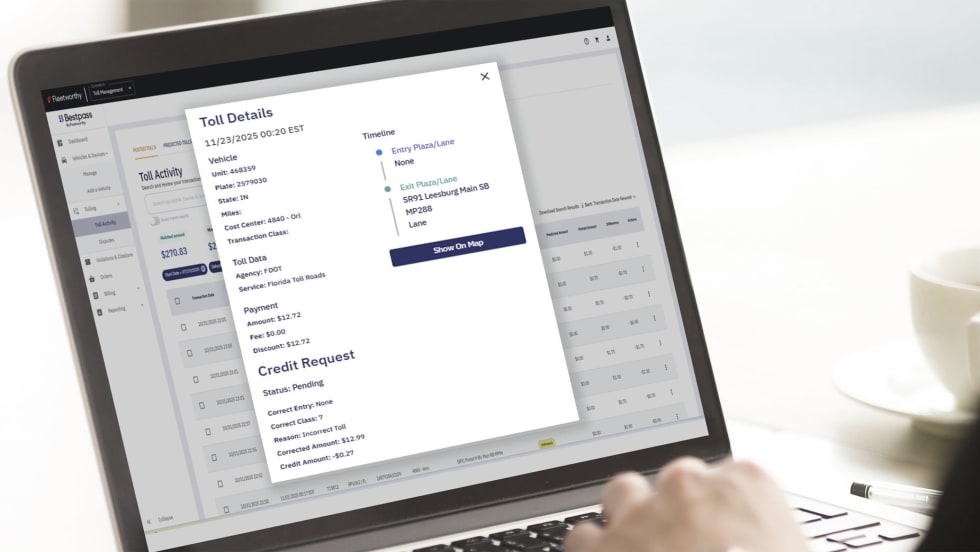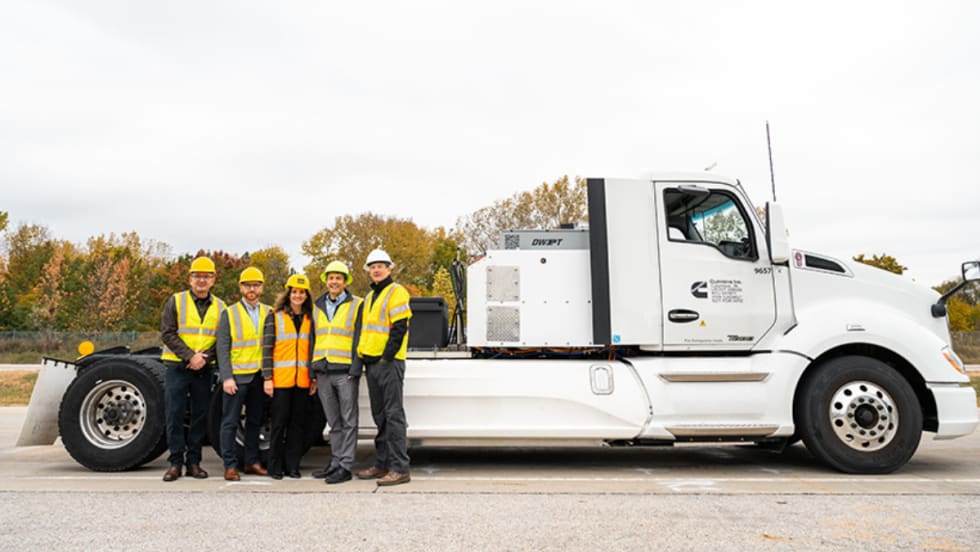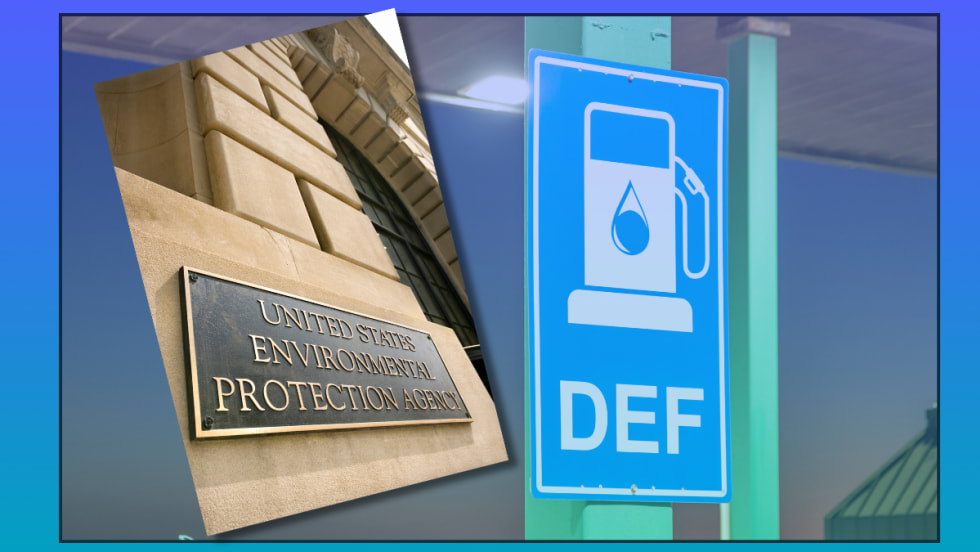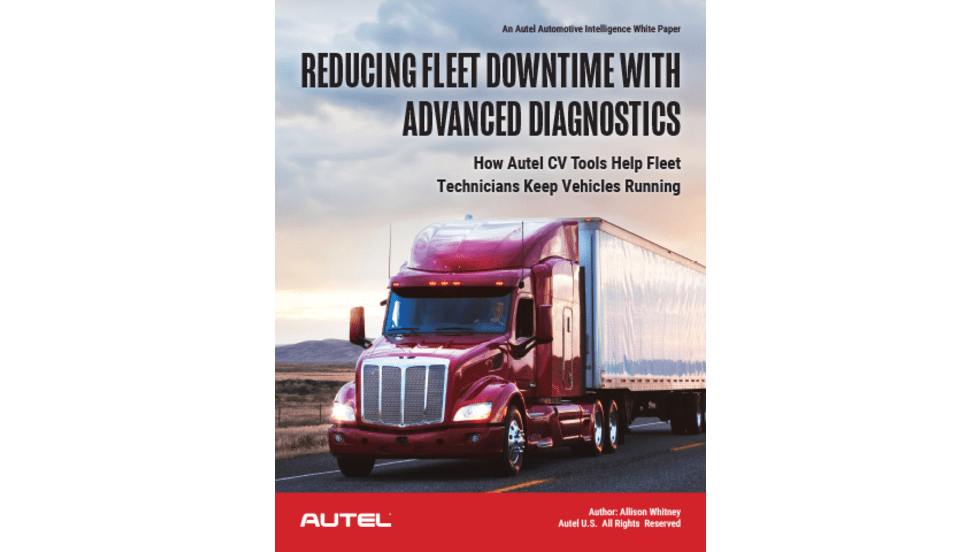Article
We're experiencing technical difficulties. Please try again later.
More Articles

How Cybercrime Is Reshaping Cargo Theft and Fleet Risk in 2026
Artificial intelligence is changing how cybercriminals and cargo thieves target trucking fleets—and how fleets defend themselves. As phishing, impersonation, and cargo theft converge, cybersecurity is becoming a core part of fleet safety and operations.
Read More →
Fleetworthy's AI-powered Toll360 Gives Fleets Real-Time Toll Visibility and Automated Dispute Handling
Fleetworthy's new Bestpass Toll360 add-on uses route data and AI to predict toll charges, reconcile invoices, and automatically file eligible disputes—helping fleets cut manual work and recover overpayments.
Read More →
Researchers Demonstrate Wireless Charging of Electric Heavy-Duty Truck at Highway Speeds
Purdue researchers demonstrated a high-power wireless charging system capable of delivering energy to electric heavy-duty trucks at highway speeds, advancing the concept of electrified roadways for freight transportation.
Read More →
EPA Wants to Know: Are DEF De-Rates Really Needed for Diesel Emissions Compliance?
The Environmental Protection Agency is asking diesel engine makers to provide information about diesel exhaust fluid system failures as it considers changes to emissions regulations.
Read More →
Mack Financial Services Launches Physical Damage Insurance For All Makes
Mack Financial Services has introduced the Rolling Asset Program, offering physical damage insurance for all makes and models within a customer's fleet.
Read More →
New Phishing Scheme Targets Motor Carriers, FMCSA Warns
Beware of a new phishing scheme targeting motor carriers. Scammers are sending emails posing as FMCSA or DOT officials to steal data.
Read More →
Traton, PlusAI Accelerate Factory-Built Autonomous Truck Launch in U.S. and Europe
The companies also said they plan to coordinate deployment planning across priority freight corridors and define routes and operational design domains for U.S. commercial service while laying the groundwork for expansion into key European markets.
Read More →
DTNA Partners with Class8 to Expand Digital Services for Freightliner Owner-Operators
A new partnership brings free wireless ELD service plus load optimization and dispatch planning tools to fourth- and fifth-generation Freightliner Cascadia customers, with broader model availability planned through 2026.
Read More →
Reducing Fleet Downtime with Advanced Diagnostics
This white paper examines how advanced commercial vehicle diagnostics can significantly reduce fleet downtime as heavy duty vehicles become more complex. It shows how Autel’s CV diagnostic tools enable in-house troubleshooting, preventive maintenance, and faster repairs, helping fleets cut emissions-related downtime, reduce dealer dependence, and improve overall vehicle uptime and operating costs.
Read More →
Stop Watching Footage, Start Driving Results
6 intelligent dashcam tactics to improve safety and boost ROI
Read More →

